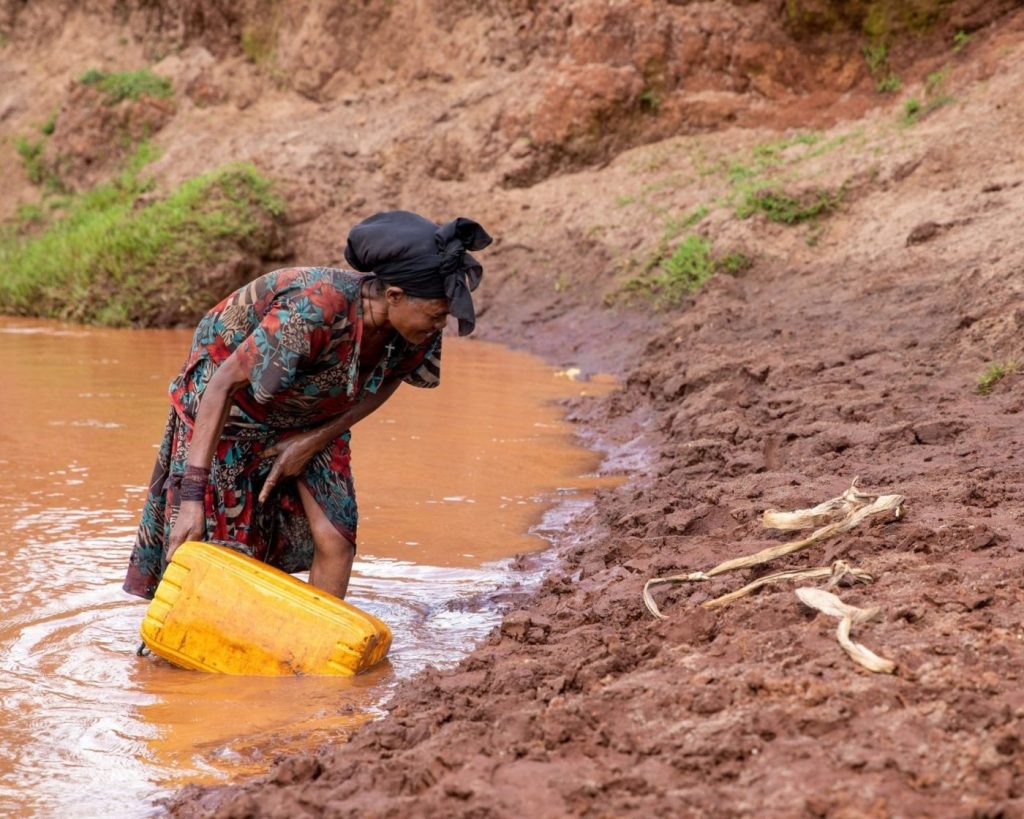The Ghana Health Service (GHS) is ramping up efforts to raise awareness and enhance treatment for Female Genital Schistosomiasis (FGS), a neglected tropical disease that significantly affects the female population.
Dr Joseph Kwadwo Larbi Opare, the Program Manager for Neglected Tropical Diseases (NTD) at Ghana Health Service (GHS), disclosed that the prevalence of FGS in the country varies from 10% to 50% among women, with approximately 1% of men also affected.
Female Genital Schistosomiasis can lead to serious reproductive health issues, such as infertility in women and, albeit less commonly, sterility in men.
FGS often goes unnoticed in medical practice.
The World Health Organisation (WHO) estimates that nearly 56 million girls and women in sub-Saharan Africa are afflicted by this condition, which can result in pelvic inflammation, obstruction of fallopian tubes, and other significant morbidities.
Female genital schistosomiasis (FGS) is the gynaecological presentation of Schistosoma haematobium infection, resulting from egg deposition in the female genital tract. The infection is widespread in rural areas where women engage in activities like washing clothes in contaminated waters.
Symptoms of FGS include vaginal bleeding, bleeding during sexual intercourse, genital itching or burning, pelvic pain, and pain during intercourse. Complications can be severe, leading to infertility, ectopic pregnancies, miscarriages, involuntary urination, genital ulcers, and tumours.
Moreover, Female Genital Schistosomiasis can heighten the risk of contracting other sexually transmitted diseases.
Addressing the Regional Neglected Tropical Diseases Advocacy town hall meeting sponsored by World Vision, Dr Joseph Kwadwo Opare, Program Manager for NTDs at Ghana Health Service, stressed the need for comprehensive education and awareness of FGS among healthcare professionals and the wider populace. Hence, steps are being made to incorporate FGS education into routine healthcare activities and training programmes for healthcare practitioners.
This initiative aims to enhance diagnosis and treatment, thus alleviating the burden of this neglected tropical disease.
“It has been proven that we have a prevalence of 10 to 50% of female genital schistosomiases in Ghana. Ultimately this condition can lead to infertility and the male can also be sterile. For the males it is just about 1% so it is not too many,” said Dr. Opare.
“FGS is a silent area in medicine and we are trying to do much education on this so at the national level there is a committee overseeing FGS activities. We are trying to make sure that this education is incorporated into our daily activities among health workers and even non-health workers. In addition, go into the curriculum of many training institutions so that when we get this education when they complete school they can leverage on that and practice how to prevent it,” he added.
Countries located in the tropics are not free of NTDs. 14 out of the 20 NTDs identified by the WHO are found in Ghana, the most common among them being trachoma; Buruli ulcer; yaws; leprosy; human African trypanosomiasis (HAT or sleeping sickness); leishmaniases; lymphatic filariasis; onchocerciasis (river blindness); schistosomiasis, and soil-transmitted helminthiases.
Many suspected NTD cases, through the collaboration of two NGOs have been identified in recent years in the region.
Eastern Regional Director of GHS, Dr. Winfred Ofosu said stigmatisation and misconception of the disease with many terming it spiritual is affecting the fight against NTDS. He urged traditional leaders to help in creating awareness.

